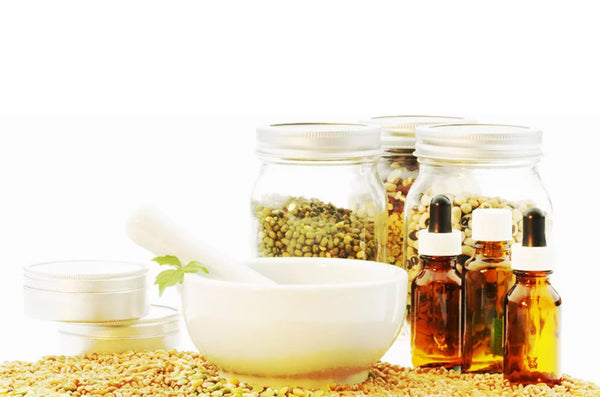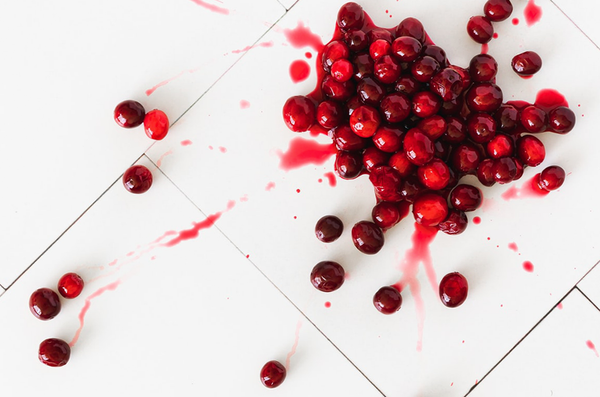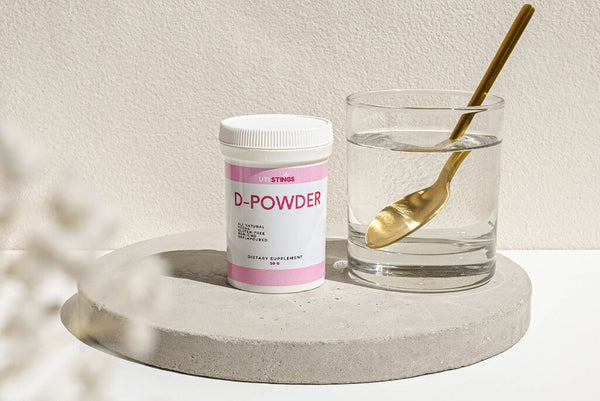The Cranberry Myth

The cranberry juice cure is one of the most commonly believed myths about treating UTIs. However, don’t for a minute think that a bottle of cranberry juice can replace a visit to your doctor or proper medication. It turns out cranberry juice isn’t nearly as effective as many people think.
“The data on cranberry juice and cranberry supplements with regard to urinary tract infections is inconsistent,” explained Dr. Pamela J. Levin, Assistant Professor of Clinical Obstetrics and Gynecology. “Though studies have demonstrated potential ability to decrease symptomatic UTIs, there isn't sufficient data to determine the duration of therapy or the dose of cranberry necessary to achieve effect.”
The general thought (before antibiotics existed) is that cranberry juice makes the urine more acidic and therefore kills harmful bacteria that cause infection but now it's believed that the acidity levels are enough to reach antimicrobial properties. One study suggested that Cranberry prevents bacteria from adhering to the bladder walls. There are still plenty of conflicting studies about this.
DID YOU KNOW?
A 2016 study that supports 'Cranberry for UTI' was published in the American Journal of Clinical Nutrition and was funded (and co-authored) by Ocean Spray, one of the largest US Cranberry suppliers! - Read more
The active compound found in cranberries is called proanthocyanidins (PAC). Studies suggest that this compound stops bacteria from clinging to the bladder wall. Even if it were beneficial to consume cranberries, you would need a ridiculous amount of juice to reach the correct potency of PACs and no guarantee that it would reach the bladder. These claims are inconclusive.
Dr.Lindsay E. Nicolle, a UTI expert, concluded that the evidence is “convincing that cranberry products should not be recommended as a medical intervention for the prevention of UTI.” - Read more
Here are some interesting points to consider:
- If you believe cranberry juice helps you, then try to source unsweetened 100% raw cranberry juice. Not the 25% fruit juice which has tonnes of added sugar. Keep in mind bacteria love sugar!
- Drinking cranberry juice has diuretic properties and urinating helps to flush out infection so it may help in this way. Although you could also drink a tonne of water or corn silk tea and you would have the same effect. There isn't sufficient PACs in cranberry juice and it's unlikely to reach the bladder.
- Those with interstitial cystitis (IC) have sensitive bladders and they could have damaged their bladder wall from overuse of antibiotics which kills all the good bacteria therefore leaving the bladder vulnerable to harmful pathogens. Acidic drinks will only irritate a sensitive bladder more causing pain, discomfort and 'burning' sensations. Patients with IC are advised to avoid acidic foods/ drinks altogether.
- If you're taking cranberry extract, at least find a quality product that contains high levels of PACs such as ELLUA which has 36mg. This is shown in vitro studies to be the key active ingredient that stops bacteria from clinging to the bladder wall. Although there is no guarantee and this might be a waste financially in the long-run.
- Cranberry juice has a moderately high concentration of calcium oxalate which increases the risk of kidney stones, and is not an advisable solution for those with a tendency of kidney stones.
- There are many products on the market for UTI Prevention. For example, our pure D-Mannose can be very soothing. It has been shown effective for e.coli and also stops bacteria from clinging to the urinary tract walls.
**To find out more about the benefits of D-Mannose, read here
Summary:
Studies show that cranberry products may reduce the risk of UTI recurrence in some people. However, one major 2016 study was funded by Ocean Spray and they eventually acknowledged that the science behind Cranberries is inconclusive.
If you’re someone who regularly gets UTIs, it’s important to see a doctor and treat the infection, but it's also important to figure out the root cause of your infections.
If the culprit is E. coli, then D-mannose could be helpful. If it’s not, you may need to try another method, such as focusing on your gut microbe, taking supplements or lifestyle / diet changes.
For more information/ studies:
- https://www.vox.com/2016/6/17/11937908/cranberries-urinary-tract-infections
- https://www.linkedin.com/pulse/ocean-spray-spend-10m-prove-cranberry-juice-might-help-jenna-ryan
- https://www.sciencedaily.com/releases/2016/10/161027122301.htm
- https://www.researchgate.net/publication/269400737_Cranberries_for_preventing_urinary_tract_infections_Review
- https://www.scientificamerican.com/article/more-evidence-cranberries-don-t-prevent-urinary-tract-infections/
- https://www.ncbi.nlm.nih.gov/pmc/articles/PMC3370320/
- https://pubmed.ncbi.nlm.nih.gov/16006907/
- https://www.youtube.com/watch?v=Iu8UcOba_O4
- http://ab.co/2ftrYjm



